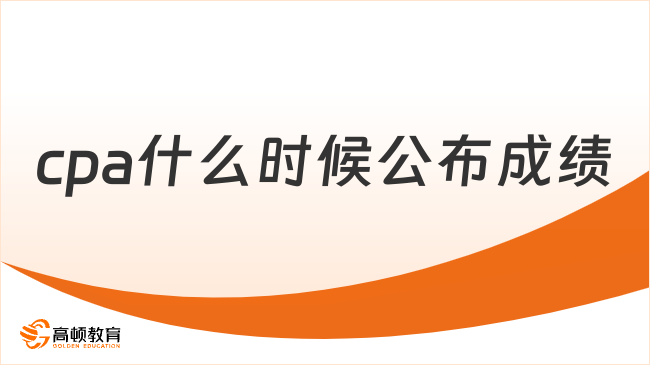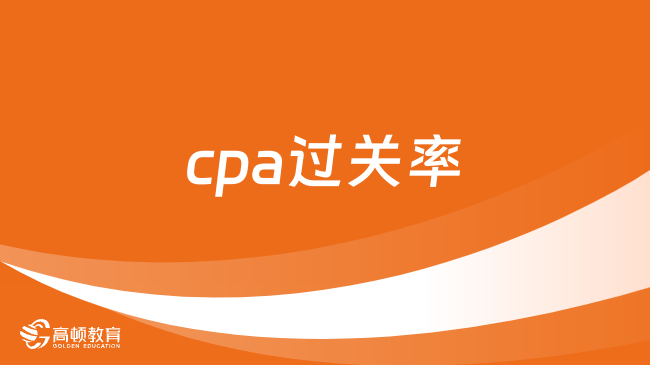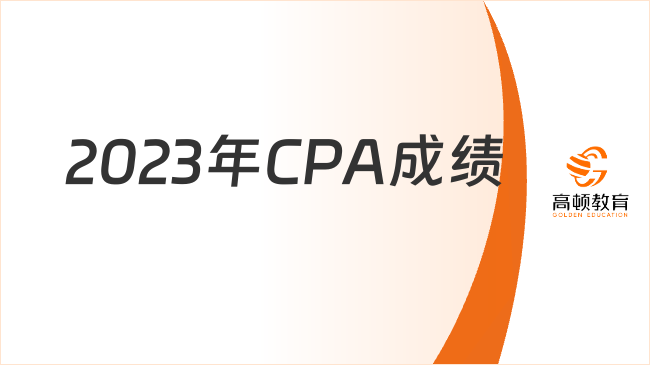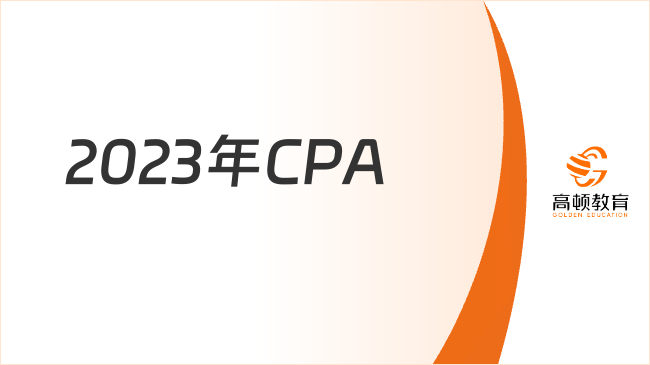国际会计师联合会呼吁关注经济可持续复苏
来源:
中国注册会计师协会
2014-01-13
IFAC Calls for Renewed Focus on Global Regulatory Convergence to Advance Sustainable Economic Recovery
As Australia assumes the presidency of the G-20 for 2014, IFAC reiterated its call on global policymakers to refocus on regulatory convergence, and said their failure to do so is stifling business confidence, economic stability, and ambitions for a sustainable recovery.
The global financial crisis highlighted the problems created by having “uneven playing fields” for multi-national organizations. Different regulatory arrangements in different jurisdictions allowed these organizations to engage in regulatory arbitrage, but at the same time created unnecessary costs and uncertainty for them and their key stakeholders. These differences limited the type and effectiveness of responses that governments, central banks, and regulators could take to address the problems created by the crisis.
“IFAC is concerned by the growing divergence and regulatory fragmentation that is occurring and the uncertainty that it creates. We call on international coordinating organizations and forums—the G-20, IFIAR, IOSCO, FSB—to fully commit to promoting and enacting global regulatory consistency and evidence-based regulatory reform,” said Mr. Fayezul Choudhury, CEO of IFAC.
Currently, a number of jurisdictions are increasingly resorting to nation-specific responses and reforms that create the potential for uncertainty and instability—and ultimately stifle global growth—despite the fact that the G-20 has called for global convergence in a number of areas and the FSB has recognized 12 sets of internationally-accepted standards deserving of priority implementation.
“High-quality globally accepted financial reporting, auditing and ethics standards exist,” said Mr. Choudhury. “Divergent regulatory approaches risk creating considerable problems and additional compliance costs for multi-national companies and their auditors; problems and costs that IFAC believes can be eliminated if governments and regulators wholeheartedly supported the regulatory convergence agenda.”
Growing diversity in regulatory arrangements for auditing and auditor independence requirements are a prime example of where jurisdictions appear to be moving further apart, rather than converging.
Over 90 jurisdictions use or are in the process of adopting or incorporating clarified International Standards on Auditing (ISAs) into their national auditing standards, or use them as a basis for preparing national auditing standards; current proposed legislation in Europe would mandate use of clarified ISAs for statutory audits within the European Union. However, some jurisdictions unnecessarily modify standards, choose not to adopt the full set of standards, or introduce revisions to national standards before the International Auditing and Assurance Standards Board (IAASB) has finalized revisions to the relevant ISAs. These actions diminish the considerable benefits of facilitating transparency, consistency, economic growth, and financial stability that come with the global adoption and implementation of high-quality international standards, such as ISAs.
Similarly, the Code of Ethics for Professional Accountants provides a solid ethical foundation for auditors, outlines robust requirements for auditor independence, and is suitable for application around the globe. It addresses matters such as conflicts of interest, the provision of non-audit services, and the rotation of audit engagement partners. However, major jurisdictions are clearly divided in their views on auditor independence. For example, some jurisdictions adopt the prohibitions on non-audit services that exist in the Code, some jurisdictions introduce additional legislative prohibitions, and some others propose a list of “acceptable services.”
Another aspect of auditor independence where there are considerable and growing jurisdictional differences is mandatory audit firm rotation. Certain jurisdictions with major capital markets activity (e.g., the US and Canada) have considered it, and have clearly rejected it. In contrast, last month the European Parliament announced a series of legislative reforms to auditing, including mandatory audit firm rotation—with the possibility that the rotation period will differ among member states—creating even more divergence.
Still other countries have adopted, or are proposing to adopt, some form of mandatory audit firm rotation for a particular segment of the economy—i.e., banks and financial institutions.
“Global regulatory reform should enhance financial reporting and audit quality, and a critical aspect of achieving this ambition is to advance the global regulatory convergence agenda,” said Choudhury. “Otherwise, we will have learned few lessons from the crisis and will be consigned to discussing and addressing these same issues again in the not too distant future.”

扫一扫微信,*9时间获取2014年注册会计师考试报名时间和考试时间提醒
高顿网校特别提醒:已经报名2014年注册会计师考试的考生可按照复习计划有效进行!另外,高顿网校2014年注册会计师考试辅导高清课程已经开通,通过针对性地讲解、训练、答疑、模考,对学习过程进行全程跟踪、分析、指导,可以帮助考生全面提升备考效果。
报考指南: 2014年注册会计师考试报考指南
考前冲刺:注册会计师考试试题 考试辅导
高清网课:注册会计师考试网络课程
报考指南: 2014年注册会计师考试报考指南
考前冲刺:注册会计师考试试题 考试辅导
高清网课:注册会计师考试网络课程
版权声明:本条内容自发布之日起,有效期为一个月。凡本网站注明“来源高顿教育”或“来源高顿网校”或“来源高顿”的所有作品,均为本网站合法拥有版权的作品,未经本网站授权,任何媒体、网站、个人不得转载、链接、转帖或以其他方式使用。
经本网站合法授权的,应在授权范围内使用,且使用时必须注明“来源高顿教育”或“来源高顿网校”或“来源高顿”,并不得对作品中出现的“高顿”字样进行删减、替换等。违反上述声明者,本网站将依法追究其法律责任。
本网站的部分资料转载自互联网,均尽力标明作者和出处。本网站转载的目的在于传递更多信息,并不意味着赞同其观点或证实其描述,本网站不对其真实性负责。
如您认为本网站刊载作品涉及版权等问题,请与本网站联系(邮箱fawu@gaodun.com,电话:021-31587497),本网站核实确认后会尽快予以处理。
点一下领资料
【回忆版】注会6科考试真题
真题高频考点,刷题全靠这份资料
下载合集
CPA全科学习思维导图
梳理核心考点,一图看懂全部章节
下载合集
2023年CPA备考学习打卡表
全科备考学习打卡表,备考按照计划走
下载合集
CPA备考 热门问题解答
- 注会考试怎么搭配科目?
-
建议优先选择相关联的科目进行搭配报考,这样可以提高备考效率,减轻备考压力,①《会计》与《审计》科目关联度较高,建议搭配报考;②《税法》与《经济法》同属法律范畴,建议搭配报考;③《财务成本管理》与《公司战略与风险管理》的联系极为紧密,建议搭配报考。
- cpa一共几门几年考完?
-
cpa总共考7门,其中专业阶段6门需要5年内考完,综合阶段1门没有时间限制,不过要等到专业阶段6门全部通过之后才能报考。
- cpa一年考几次?
-
cpa考试一年考1次,考生在一个考试年度中,只有一次报名和参加考试的机会,近几年的cpa考试时间都是安排在8月份,报名则是在每年4月开始,考生一旦错过每年规定的cpa报名、缴费、准考证打印,都只能等到下一年报考。
- cpa的含金量如何?
-
在财会行业中,cpa的含金量可以说非常高!cpa证书执业人员,具有在审计报告签字权,能够在审计报告上签字,签字具有法律效力,能够获得其它的机构认可,持有cpa证书可以在会计师事务所从事审计、会计服务等方面的工作,也可以在商业银行、上市公司、政府部门等单位从事财会相关的工作。很受业内人士认可和重视,年薪基本都是10万起步,而且升职、加薪的机会也更多。
严选名师 全流程服务
其他人还搜了
热门推荐
-
cpa报名条件要求及报考时间2024,建议收藏! 2023-11-06
-
收藏转发!2023年CPA成绩查询常见问题及解答一览 2023-11-06
-
每日一问:2023年cpa什么时候公布成绩?11月下旬! 2023-11-06
-
收藏转发!2024年CPA报考时间安排提前知晓! 2023-11-03
-
2024年注册会计师考试流程:报名→领证,建议收藏! 2023-11-03
-
快来收藏!2024年CPA报名时间、条件及流程一览 2023-11-03
-
2024年注册会计师考试报名时间及缴费时间:4月、6月! 2023-11-03
-
2024年cpa报名时间和考试时间:4月、8月!附报名流程 2023-11-01
-
注册会计师每年几月份考试?8月,附往年考试时间 2023-11-01
-
「预告」cpa报考条件和时间2024,点击了解! 2023-11-01
-
注会什么时候出成绩2023?或将提前?官方明确:11月下旬 2023-11-01
-
注册会计师报名条件和要求一览,附科目及时间表 2023-10-31
-
2023年CPA查分时间几号?怎么查询成绩?迎接60+! 2023-10-31
-
中级已经出成绩了,那CPA考试成绩何时公布呢? 2023-10-31
-
cpa过关率是多少?附历年各科通过率! 2023-10-31
-
cpa过关率是多少?附历年各科通过率! 2023-10-31
-
阅卷结束?2023年CPA成绩最有可能这天发布 2023-10-31
-
注册会计师是什么?财会人员一定要考吗?详细解答来了! 2023-10-31
-
「攻略」cpa考试备考时间安排是怎样的?附科目搭配建议 2023-10-31
-
资产评估师成绩公布!有CPA证可免考一科 2023-10-27
-
又梦见出成绩了!2023年CPA最有可能这天出分 2023-10-26
-
注会什么时候可以考?2024年预测8月23日-25日 2023-10-25
-
注册会计师和会计师区别在哪呢?为大家做了总结! 2023-10-24
-
注册会计师培训班一般多少钱?不算低,但终身受益! 2023-10-24
-
注会和初级会计的区别究竟有多大?带你看清二者的方方面面~ 2023-10-24
-
CPA报名资格最新要求已出!来看看是否符合~ 2023-10-24
-
注册会计师是cpa吗?今天为大家解答…… 2023-10-24
-
cpa教材每年变化大吗?不大,整体变动幅度约10%-20% 2023-10-24
-
考前预测!2024年CPA教材,预计3月中下旬发布 2023-10-24
-
不足30%!CPA通过率和学历、年龄有关系吗? 2023-10-24
 更多服务
更多服务










































